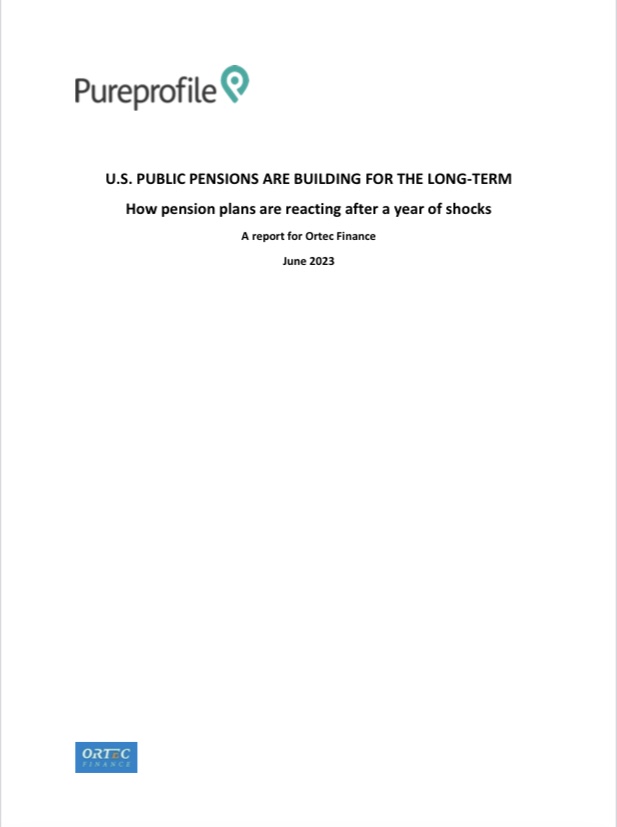Illusory Policy Implications of Behavioral Law & Economics
By Terrance O’Reilly Behavioral law and economics has achieved notable policy influence promoting soft paternalism—using nudges to encourage better choices without limiting options. Recently, some behavioral scholars have suggested that positive behavioral models actually support hard paternalism—imposing mandates. This article challenges the insinuation that behavioral law and economics supports mandates. Despite regular suggestions to the contrary, positive economic models do not entail distinct normative consequences. The article illustrates its thesis in the case of retirement savings, a key concern of behavioral...










